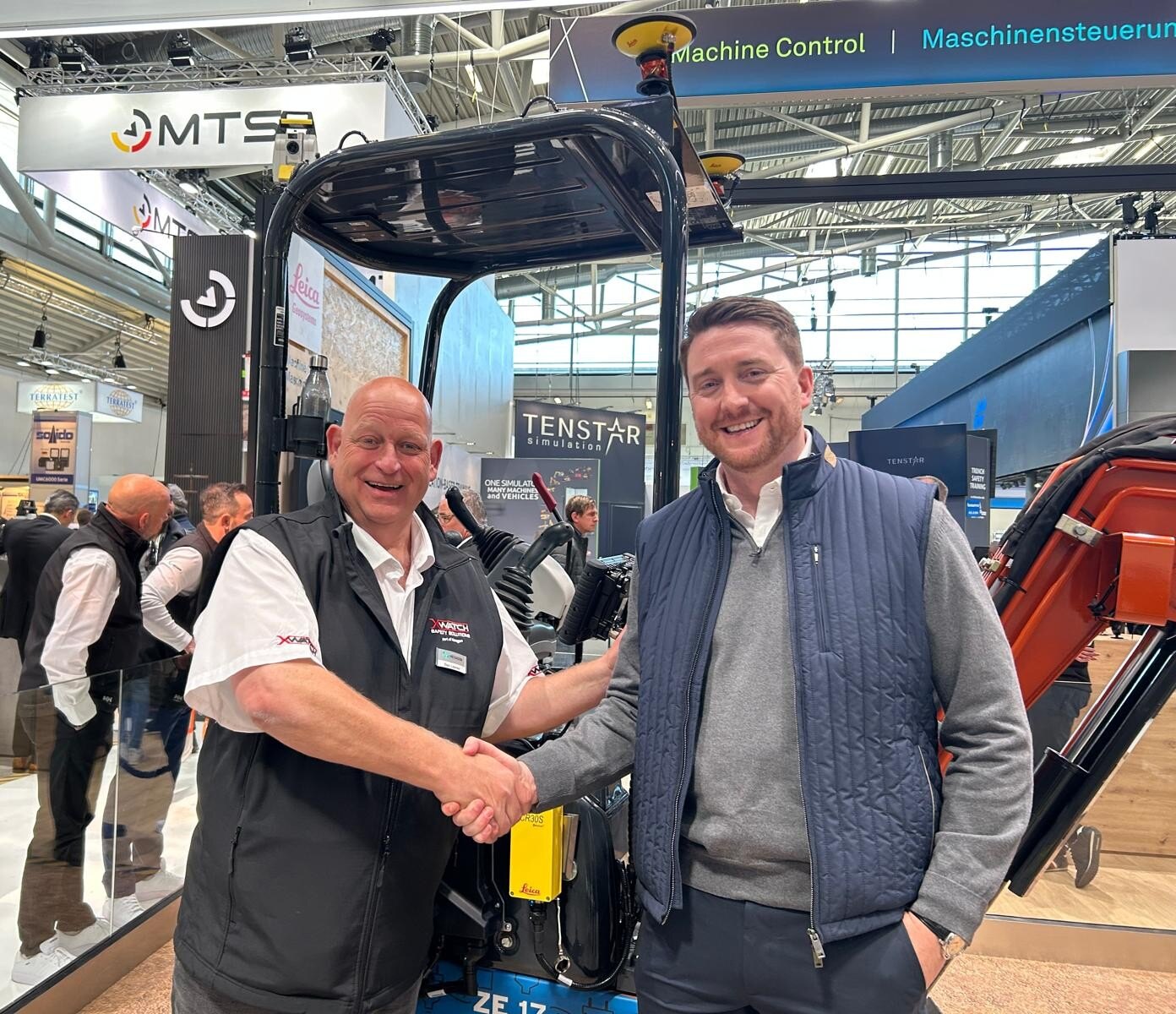Ignoring this crucial safety tool could put your entire operation at risk- including personnel
A Rated Capacity Indicator (RCI) is a crucial tool in industries that involve lifting and heavy machinery operations, such as construction, manufacturing, and logistics. There are several reasons why an RCI is essential.
At Xwatch we are often asked, 'Why do we need an RCI? Jemma Dycer-Hopkins, Xwatch Sales and Operations Manager explains, “Excavators, though primarily designed for digging, are very versatile machines frequently used for lifting operations. When an excavator is utilised this way, it effectively becomes a crane and is subject to the LOLER (Lifting Operations and Lifting Equipment Regulations). This is why having an RCI is crucial—it ensures compliance with these regulations and enhances safety during lifting operations." LOLER ‘Lifting Operations and Lifting Equipment Regulations’ .
Jemma added, “For example, the RCI Lite, a key product in Xwatch’s safety suite, is designed to offer clear, simple, and reliable performance while meeting all current industry standards. It’s versatile enough to be configured for any hydraulic excavator, providing essential overload protection and optional motion control to ensure safe operation without compromising the machine's full capacity. RCI Lite is the cost-effective choice for general civil lifting tasks.”
Xwatch RCIs provide real-time monitoring of load weight, boom length, radius, and other critical parameters. This helps ensure that lifting operations remain within safe limits, preventing overloading and potential accidents. The system offers both visual and auditory alerts if the equipment approaches or exceeds the maximum rated capacity, allowing operators to take immediate corrective action.
The RCI from Xwatch features an intuitive and easy-to-use interface, making it simple for operators to monitor all the necessary data. This reduces the chances of human error and ensures that safety protocols are followed effectively. Xwatch Safety Solutions' RCI systems can be customised to fit the specific needs of different types of machinery and operations. This flexibility makes it a versatile choice for various construction and industrial environments.
Xwatch's RCI can be integrated with other safety solutions provided by the company, such as height and slew restrictors, to create a comprehensive safety system. This integration enhances overall site safety and ensures all aspects of the lifting operation are monitored. Xwatch RCIs are designed to comply with industry safety standards and regulations, making it easier for companies to meet their legal obligations and avoid penalties. Their products are also approved by various regulatory bodies, ensuring reliability and trustworthiness.
The XW RCI system, specifically the XW2 and XW5 models, has advanced features that can slow down the machine gradually and bring it to a stop before it reaches its operational limits. This prevents abrupt stops or potential damage.
In contrast, the RCI Lite model does not have this capability. It only has an ON/OFF function and lacks the proportional valve control needed for gradual slowing. Additionally, the RCI Lite cannot manage operational limits in the same way that the XW2 and XW5 RCI models can.
The RCI systems automatically log data related to lifting operations, which can be used for reporting, analysis, and audits. This feature is particularly useful for post-operation reviews and continuous improvement of safety practices. Xwatch Safety Solutions' RCIs are designed to improve safety and operational efficiency in lifting operations. They offer real-time monitoring, customisable settings, and integration with other safety systems, making them a valuable tool for ensuring compliance and protecting workers and equipment. If safety and efficiency are priorities on your site, an RCI from Xwatch is definitely worth considering.
An Xwatch RCI is essential to safe, efficient, and compliant lifting operations. Whether you aim to protect your workforce, ensure compliance with industry standards, or prevent costly equipment damage, an RCI plays a vital role in maintaining safety and operational integrity on any site where lifting operations are performed.



